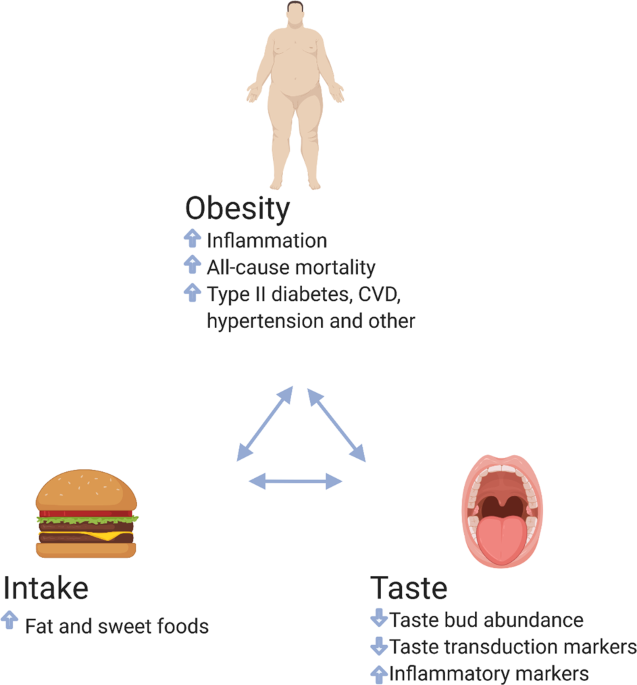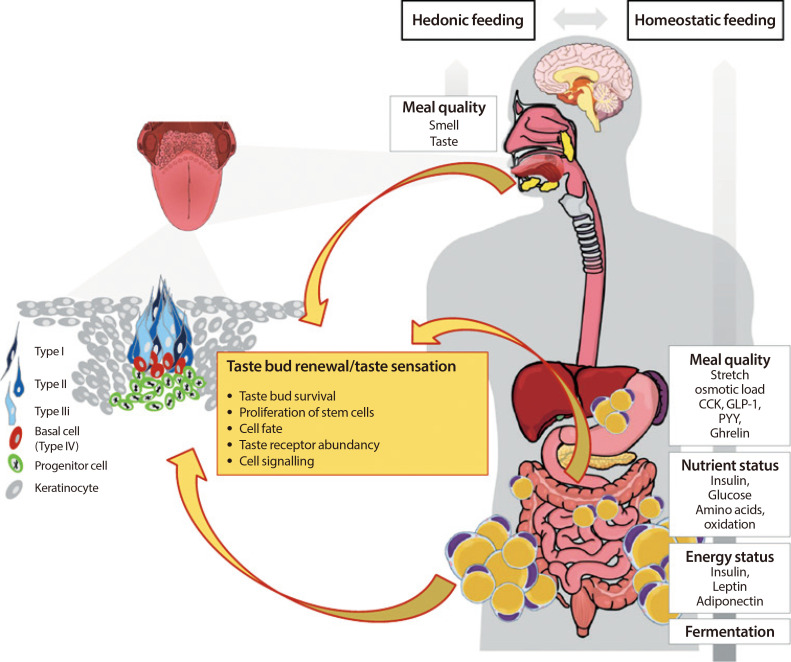Reference




Reference




Moonshot's Answer
The loss of smell sensitivity can indeed affect eating habits and obesity. According to various studies, an altered sense of smell can impact food choices and potentially foster overeating and obesity, especially in a modern food environment rich with enticing aromas MDPI. A reduced or loss of smell has been related to malnutrition problems and can also lead to changes in food preferences, likely as a compensation for the altered flavor perception NCBI. Furthermore, studies have indicated a pattern of decreasing smell sensitivity associated with an increase in body weight BergerHenry ENT.
The sense of smell plays a significant role in the evaluation of food's hedonistic value, and its loss can lead to a decreased enjoyment of food, which might result in individuals consuming more to achieve the same level of satisfaction, contributing to overeating and weight gain ScienceDirect. Additionally, a keen sense of smell might compel individuals to continue eating even when they are full, which could also contribute to obesity BBC News.
In conclusion, the loss of smell sensitivity can influence eating habits by altering food preferences and potentially leading to overeating, which can increase the risk of obesity. Here is an image illustrating the relationship between olfactory system and obesity Cell Metabolism.
Follow Up
Related
How does Donald Trump's win affects Indian students preparing for graduate studies in US?
How does the law affect members of the Armed Forces, CSIS, or RCMP?
CHAPTER 2 - Literature Review 2.1. Introduction This chapter undertakes a review of literature to
How much area was affected by fires between 1998 and 2001?
How does the BDNF polymorphism affect extinction learning in both mice and humans?